New Paper Published: Self-Adaptive Strategy for Wireless Sensor Networks
I’m excited to announce that our latest paper has been published in Sensors! 🎉 This time, we’ve developed a self-adaptive strategy based on fuzzy control systems to improve the performance of wireless sensor networks (WSNs). Our approach aims to enhance communication reliability and reduce energy consumption, making WSNs more efficient for various applications (Hernández-Díaz et al., 2015).
Key Highlights
- Fuzzy Control Systems: We used fuzzy logic to create a self-adaptive strategy that optimizes the performance of WSNs.
- Improved Efficiency: Our strategy helps maintain communication reliability while minimizing energy consumption.
- Real-World Deployment: We tested our approach in a real WSN deployment using SunSPOT nodes, and the results were very promising.
Authors: Vicente Hernández Díaz, José-Fernán Martínez Ortega, Néstor Lucas Martínez, and Raúl M. Del Toro.
Visual References
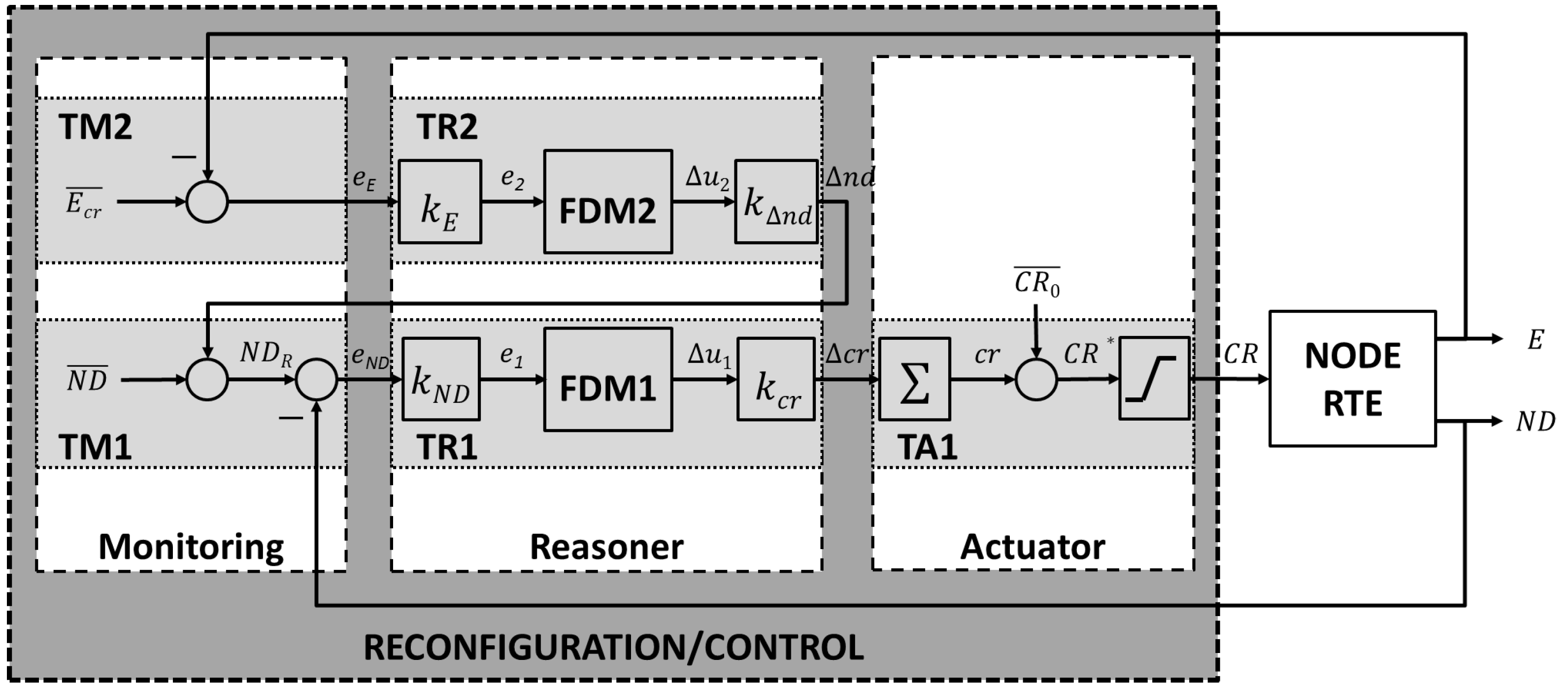
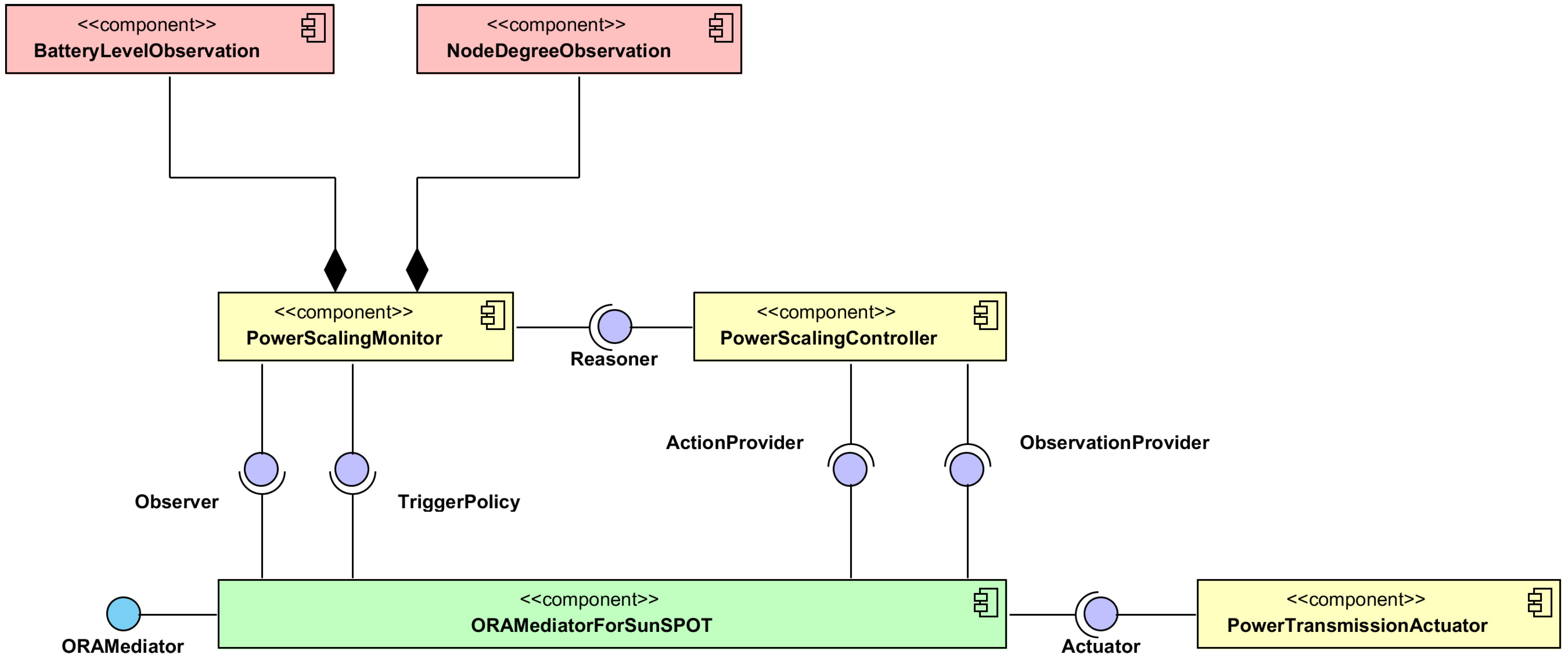
On the left, the control system design for self-adapting the Wireless Sensors Networks (WSN) nodes transmission power considering the number of neighbors and the battery level. Right, the software components accomplishing the self-adaptive system improving the energy consumption while keeping the communication connectivity.
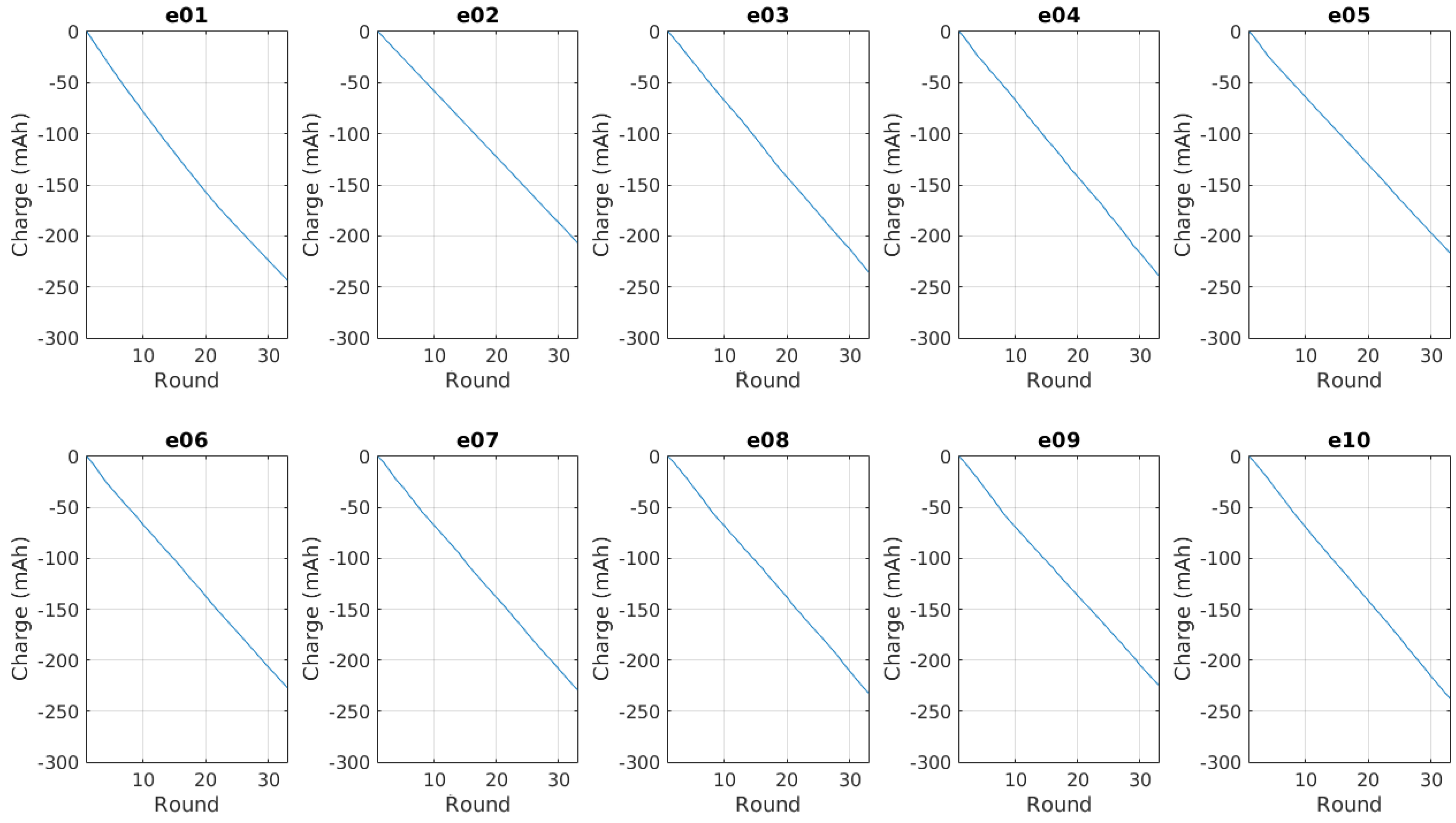
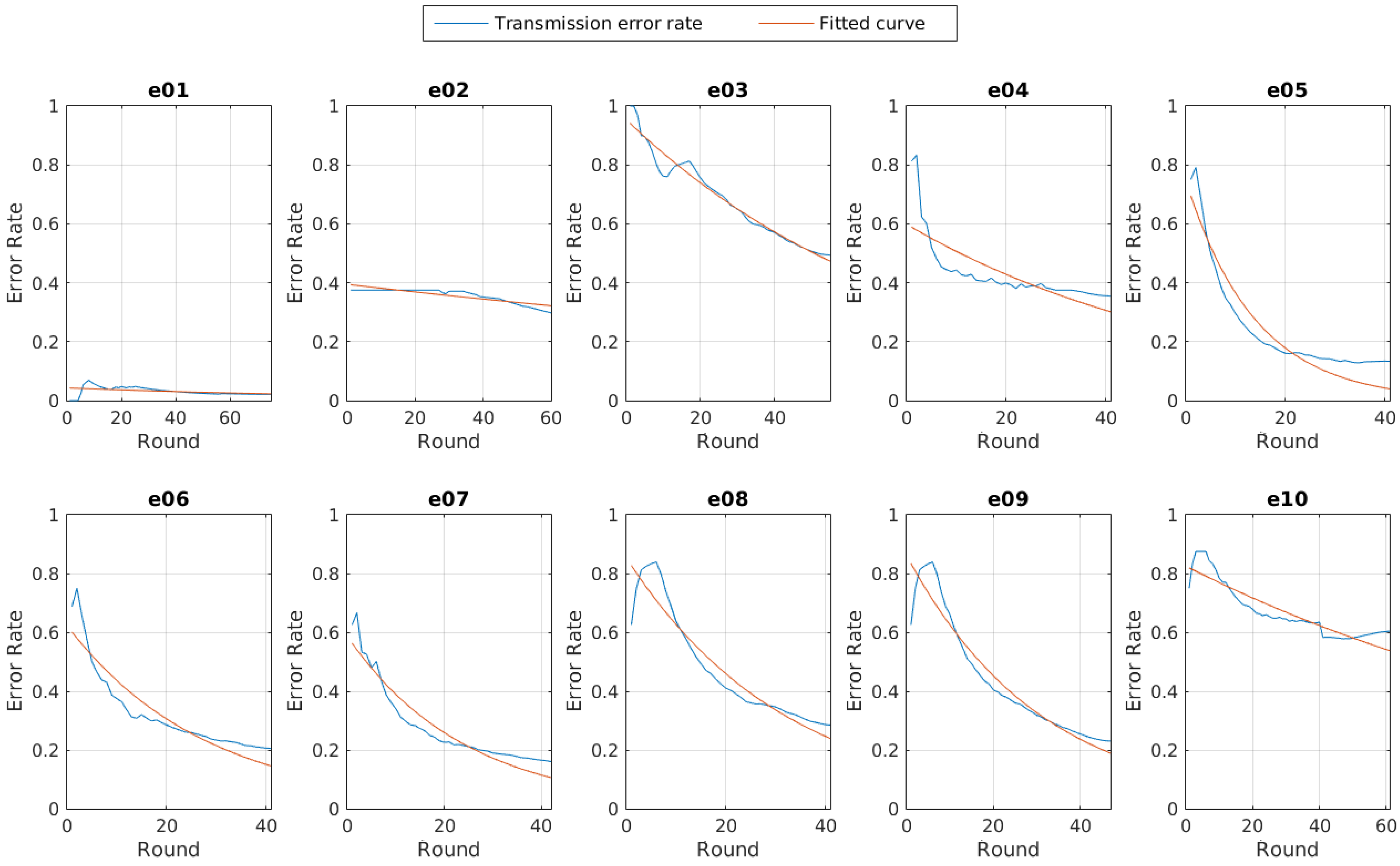
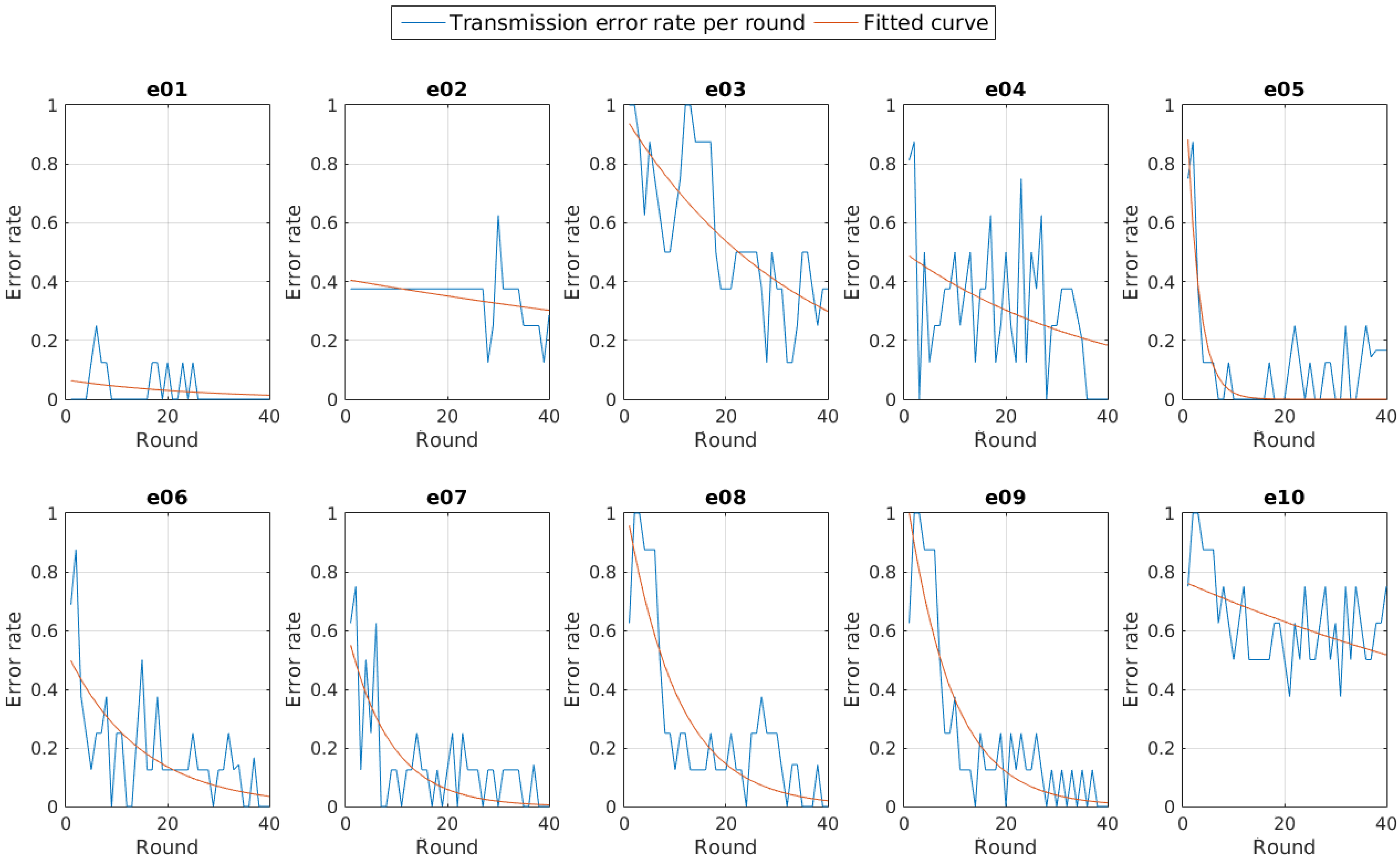
On the left, the evolution of the total charge per experiment, relative to the first value of each one. Middle, the evolution of the total transmission error rate per experiment. Right, the round transmission error rate per experiment.
